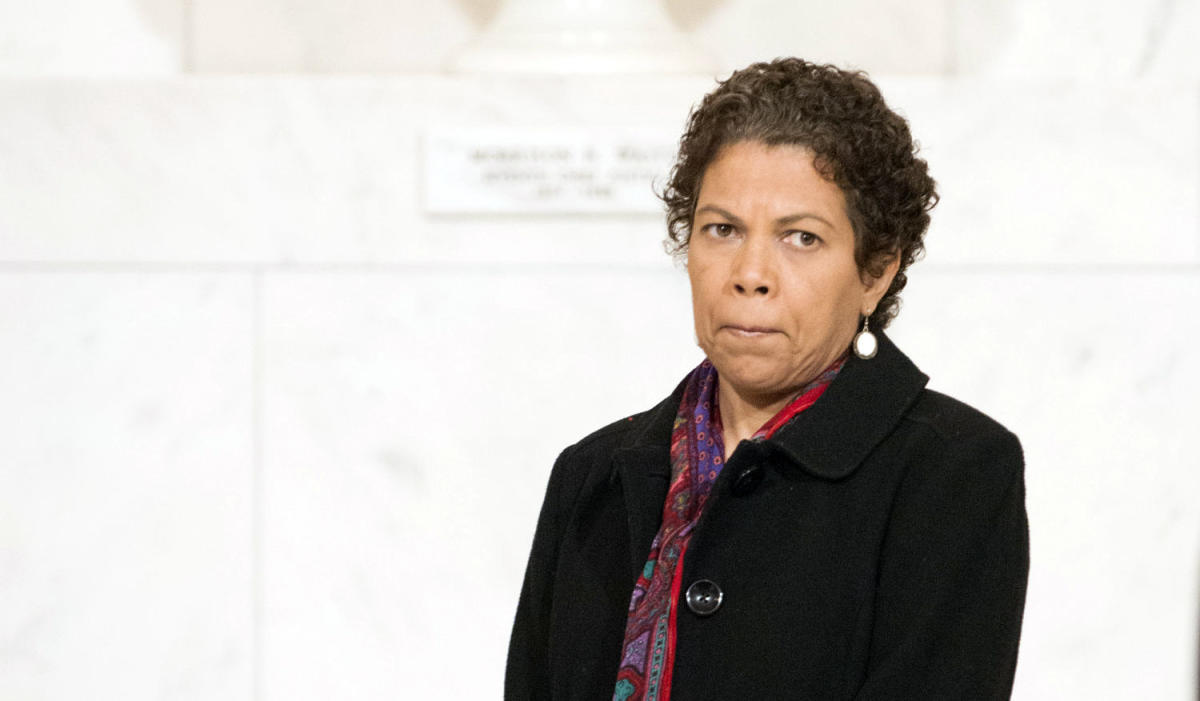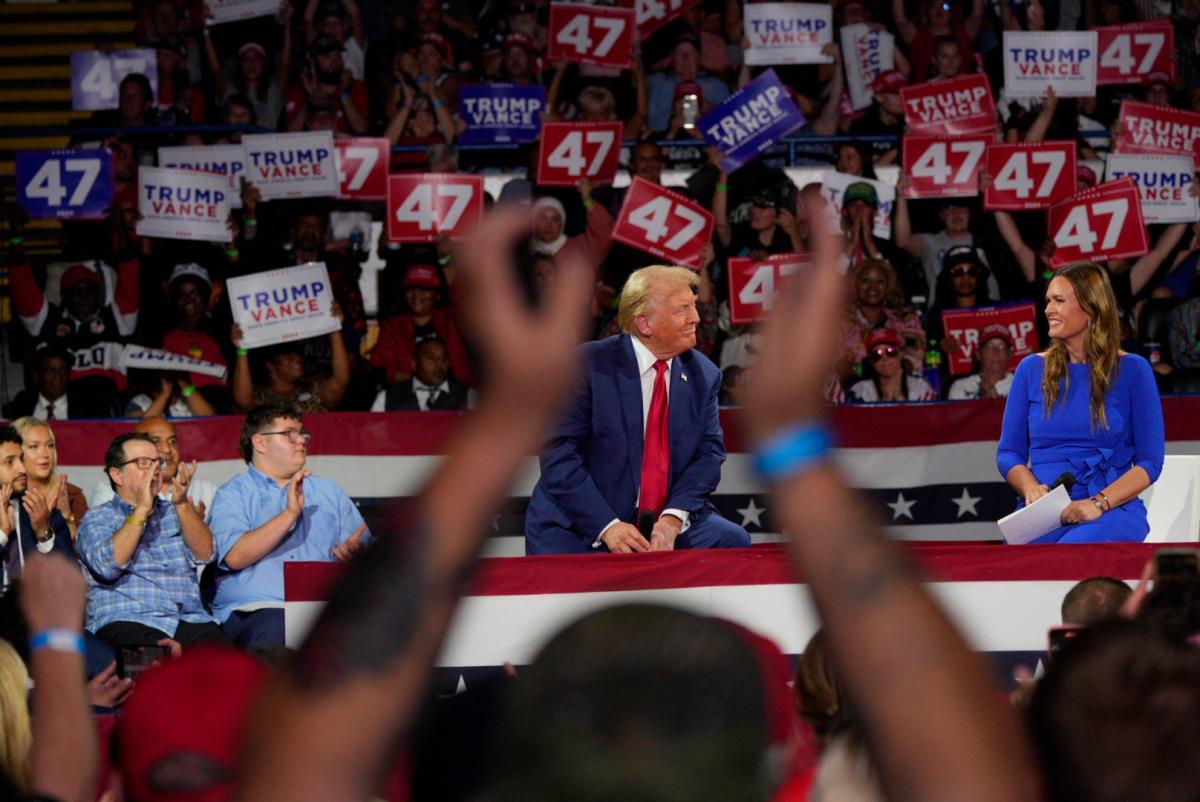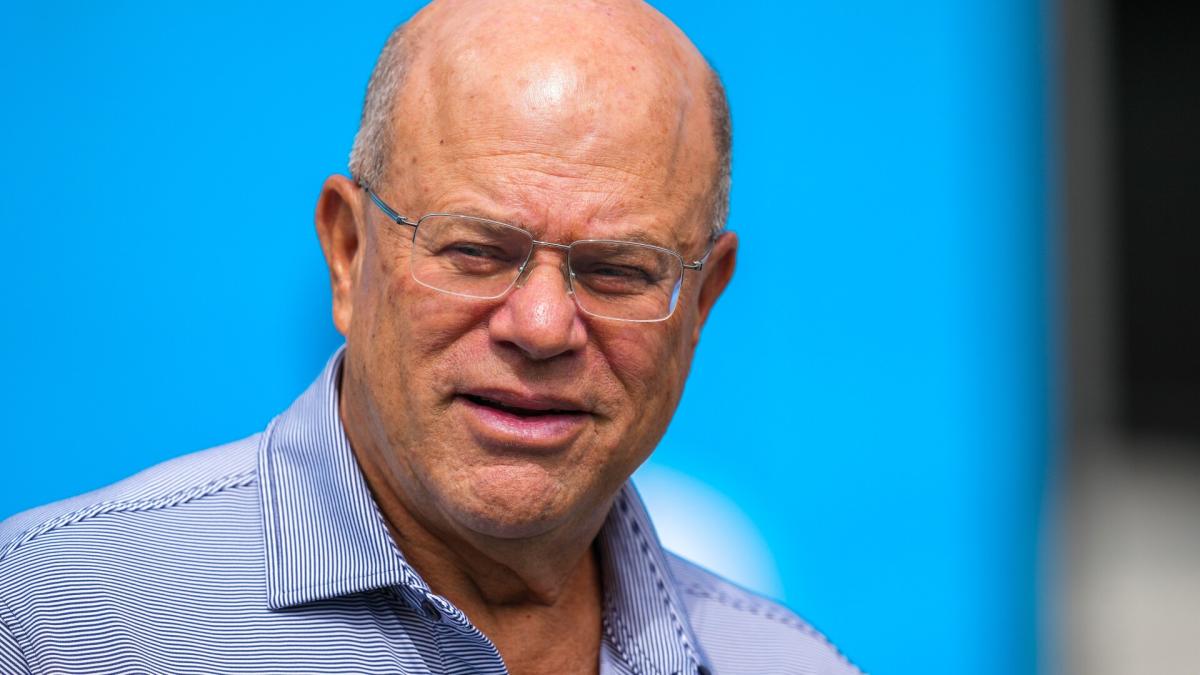Donald Trump’s federal election interference case is finally back in the trial court, where U.S. District Judge Tanya Chutkan held a hearing Thursday mainly to discuss how to proceed after the Supreme Court’s immunity ruling. But the hearing also gave Chutkan an opportunity to criticize U.S. District Judge Aileen Cannon’s dismissal of Trump’s classified documents case on the grounds that special counsel Jack Smith was unlawfully appointed.
Chutkan didn’t sound impressed with Cannon’s July 15 ruling, which cited Justice Clarence Thomas’ solo concurring opinion in which he questioned Smith’s appointment just a couple of weeks earlier in the immunity decision. Chutkan said on Thursday, “You have an opinion filed by another district judge in another circuit which, frankly, this Court doesn’t find particularly persuasive.”
Still, the Republican presidential nominee’s legal team is pressing the issue in the Washington, D.C., case, alongside their immunity claims and other arguments. It makes sense for them to do so, even though there’s binding precedent in the D.C. Circuit that knocks down the unlawful appointment claim. While that precedent means that Trump is unlikely to prevail on the subject in Washington lower courts as he has in Florida (so far), it would be strange for the defense not to press the issue at this point, especially after a Supreme Court justice raised it.
After the hearing, Chutkan issued an order laying out how litigation will proceed in the coming weeks and months in the Jan. 6-related prosecution.
Ultimately, how persuasive she finds Cannon’s opinion on the appointment issue might not matter much, if at all. It may be more important what a majority of the Supreme Court thinks.
Smith is currently appealing Cannon’s dismissal of the Florida case to the 11th U.S. Circuit Court of Appeals, which, as Chutkan noted, is a different circuit from the one in which she sits. Each circuit has its own precedents that govern its trial courts, but all circuits are controlled by Supreme Court precedent. Whichever side loses in the 11th Circuit appointment challenge is likely to appeal to the Supreme Court. If the justices were to weigh in and agree with Cannon that Smith isn’t authorized to prosecute the classified documents case, then that would likewise imperil the D.C. federal case. While no other justices joined Thomas’ concurrence, we don’t know what the high court would say if the issue were squarely presented to them.
Of course, like the immunity issue and anything else pending in Trump’s federal criminal cases, it all likely becomes legally moot if he wins the presidential election in November, a scenario that would empower him to rid himself of both cases. (Presidents can’t pardon or dismiss state cases.) But if Trump loses, the appointment claim will be among the lurking issues that may need to be resolved by the justices before any federal trials can proceed.
Subscribe to the Deadline: Legal Newsletter for updates and expert analysis on the top legal stories. The newsletter will return to its regular weekly schedule when the Supreme Court’s next term kicks off in October.
This article was originally published on MSNBC.com

Amanda Smith is a dedicated U.S. correspondent with a passion for uncovering the stories that shape the nation. With a background in political science, she provides in-depth analysis and insightful commentary on domestic affairs, ensuring readers are well-informed about the latest developments across the United States.







